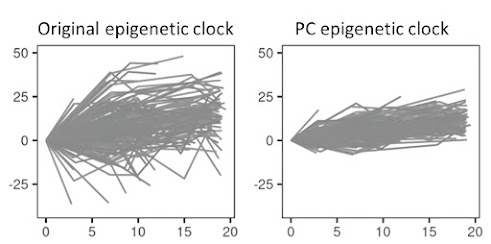 |
| Photo credit: Christine Mendoza on Unsplash |
A Rutgers scientist aiming to help heal a sick horse created an ultra-sensitive DNA test that could have applications for difficult-to-detect illnesses in humans such as Lyme disease.
As described in a study published in the Journal of Veterinary Diagnostic Investigation, a special DNA test devised by Steven Schutzer, a professor of medicine at Rutgers New Jersey Medical School, helped a Cornell University School of Veterinary Medicine team identify Neurologic Lyme disease in a sick 11-year-old Swedish Warmblood mare.
Although Lyme disease was suspected, a standard PCR test didn’t detect the disease agent, the corkscrew-shaped bacterium Borrelia burgdorferi.
As with the treatment of most diseases, early detection is essential with Lyme.
“Early diagnosis leads to immediate treatment,” Schutzer said. “And, naturally, that gives the best chance for a cure.”
The Schutzer team’s “genomic hybrid capture assay,” a highly sensitive test the team has been developing, identified the pathogen in a sample of the horse’s spinal fluid, allowing it to be diagnosed and successfully treated. The test works by first selectively isolating DNA from the microorganism causing the disease.
“The method is like having a special, specific ‘fishhook’ that only grabs Borrelia DNA and not the DNA of other microbes, nor the DNA of the host (animal or human),” Schutzer said. “Detecting DNA of the disease is a direct test, meaning we know you have active disease if it’s circulating in the blood or spinal fluid.”
















.jpg)